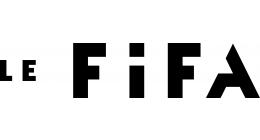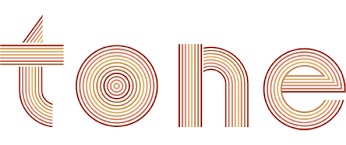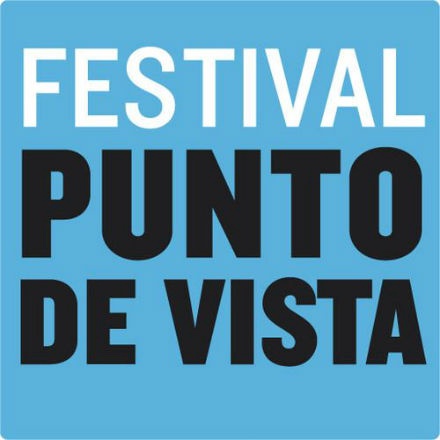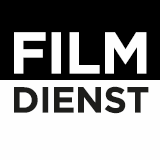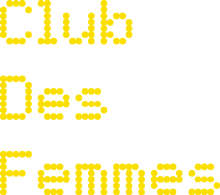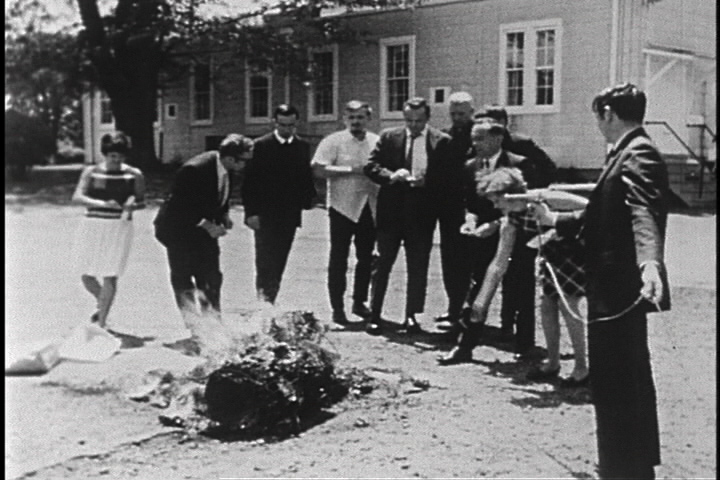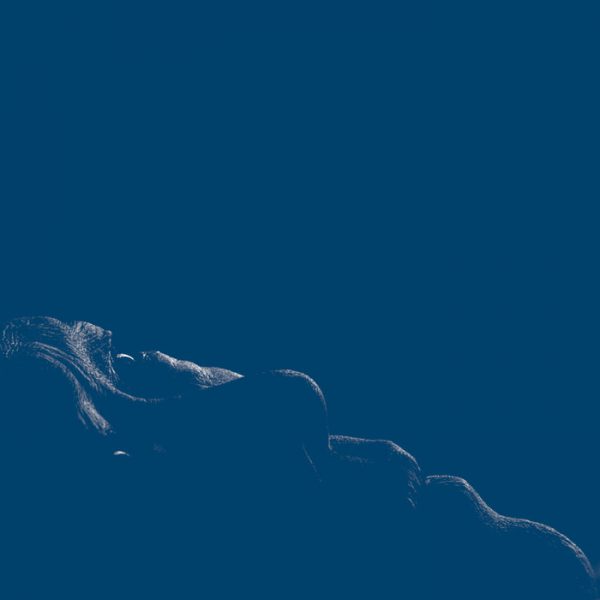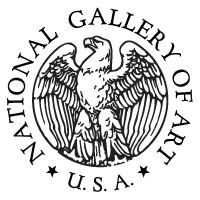
Deborah Stratman and Lynne Sachs pay loving tribute to Barbara Hammer and experiment with the collaborative nature of cinema.
Sophia Satchell-Baeza•12 MAR 2021
https://mubi.com/notebook/posts/nitrate-homages-to-barbara-hammer
The series Ways of Seeing with Barbara Hammer starts on MUBI on March 8, 2021 in many countries.
Best known for unabashedly erotic and trailblazing portrayals of lesbian sexuality, the pioneering queer experimental filmmaker Barbara Hammer passed away in 2019 of ovarian cancer, leaving behind an extraordinary, generous legacy of love. There’s the annual Barbara Hammer Lesbian Experimental Filmmaking Grant, the profuse and expansive filmic representations of queer love and life that have paved the way for lovers (and future filmmakers) everywhere, and the many, many collaborations and endowments that Hammer has granted other artists. These include the unfinished films that became a key component in Hammer’s residency at the Wexner Center for the Arts. Revisiting her personal archive, Hammer pulled out footage from incomplete or abandoned films; projects that for reasons relating to money, or time, or a muddy mix of both, fell by the wayside. As her health worsened, Hammer invited four filmmakers—Lynne Sachs, Deborah Stratman, Mark Street, and Dan Veltri—to work with her on fashioning new films out of the incomplete material, giving a new lease of life to left-behind ideas.
Deborah Stratman’s Vever (for Barbara) (2019) picks up and reworks Hammer’s glimmering footage of lush Guatemalan fruit and vegetable markets, shot at the endpoint of a BMW motorbike trip that the director took in the mid-’70s to escape financial and romantic worries. Lynne Sachs’s A Month of Single Frames (2019) animates beautiful nature footage that Hammer filmed during an artist’s residency in Cape Cod, Massachusetts in the late-’90s. These small, slightly delicate, curiously hybrid works in turn feel like votives for Hammer: jeweled little gifts that cherish her generosity of spirit and extend it outwards. (How clearly these are votives: the end title in A Month of Single Frames tells us the film was made with and for Barbara Hammer while Vever is lovingly titled for Barbara).
Hammer was alone when she was filming both sections of footage, yet the directors place her in the company of others, either through retrospective conversations or through the process of editing. The overall project has ended up catalyzing intergenerational crosswires of women artists collaborating together. There is also a strong sense in both works of the friendships informing them: whether we hear it through the medium of a telephone conversation in Stratman’s film, or in Sachs’s recorded conversation with Hammer on aging and their creative process. Rather than Nitrate Kisses, these are loving, alive and dynamic nitrate homages.
“To Fill Up this Expanse called LIfe”: A Month of Single Frames
In 1998, Hammer took part in an artist’s residency, based in a dune shack in the hook-shaped peninsula of Cape Cod. With limited resources and no electricity, she found herself face-to-face with the elements, as well as her own solitude. She kept a written diary and filmed what she saw there on her Beaulieu camera, shooting at speeds of up to 8 frames per second to see what would emerge from the exercise of looking: “I didn’t shoot it, I saw it,” Hammer reflects in voice-over. Recorded some twenty years later, Hammer reads from her diaries of the period at the behest of her friend and collaborator, the artist Lynne Sachs. The material that emerged from Hammer’s month of filming evokes a gorgeous, sun-drenched pastoralism not unlike her earlier, sexually-explicit and experimental nature films like Women I Love (1979) and Dyketactics (1974). This footage however is marked by the total absence of other people, confronting us instead with the filmmaker’s embodied and intimate relationship with the world around her. Shadows dance on the walls of the shack as moons and setting suns sweep past in dreams of time-lapse photography. Sand dunes glitter in iridescent colors while the long, delicate fringes of beach grass sway in the sea-blasted air. The images shift in scale but maintain their intimacy, from the vastness of the sand dunes to the microscopic details on a grain of sand. “I am overwhelmed by simplicity. There is so much to see,” she observes. This footage is beautiful, perhaps too beautiful—Sachs has said in an interview that Hammer abandoned the project partly because it was “too pretty.” But seen through the colored transparencies and prismatic lenses that Hammer brings to the landscape (a throwback, perhaps, to her early light projection-based works), we are reminded that this vision of the natural world is very much mediated: “Why is it,” Hammer muses, that “I can’t see nature whole and pure without artifice?”
Reading from her journal some twenty years later, Hammer’s voice gives the edited footage the feel of a diary film, connecting us back in time to the woman who danced and filmed on the dunes. An awareness of the time that has passed imbues this short with a melancholy nostalgia while reminding us of the simplicity of pleasure, the microscopic details of beauty around us, the feel of the world. A colleague and friend of Hammer’s for over 30 years, Sachs reflects on the process of getting older: “I’m turning 60!” she says, as Hammer emits a wry chuckle. In the beautiful majesty of its nature footage and its reflections on small pleasures, the film made me think, like so much else these days, about the importance of how we choose to “fill up this expanse called life.” Sachs tells Hammer that though she is alone, she is there with her in the film, and we are there too. That through art, through film, we are rarely ever entirely on our own.
Vever (for Barbara)
Stratman’s Vever (for Barbara) is a more expansive film than Sachs’s in the sense that it throws its net out to a wider range of ideas. The artist draws together Hammer’s Chick Strand-esque, associative footage of Guatemalan street scenes with Maya Deren’s reflections on Voudoun initiation and failure. Brought together through overlapping webs of sound, text, and image, Vever brings these two artists into conversation with one another over the challenges of filming subjects outside of their cultures from their own personal perspectives. Both the Ukrainian-born, North American-based Deren and the North American Hammer approach the Indigenous cultures of Haiti and Guatemala respectively as outsiders. Deren was not completely at odds from the Haitian culture, even if she didn’t belong; as a Voudoun initiate, she was able to participate in a way that few like her have been able to before or since. Hammer—broke, queer, and escaping to Guatemala on her BMW motorbike—encounters a world of extraordinary beauty in the sheer abundance of local produce: from gleaming bunches of radishes and bowls of horchata to the parcels of pineapple wrapped up in banana leaves. Her camera documents the traditional practice of textile weaving, of Indigenous song and dance, and then the Western intrusion of her culture—American culture—in the Pepsi insignia invading the market. Hammer abandoned the project because “she couldn’t find any political content, or personal context” for the material, but it was there, Stratman suggests, hiding in plain sight.
The vever of the title is a ritualistic motif in the film, a spiritual crosshair that joins Hammer’s Guatemalan footage with Deren’s experiences of initiation in ‘50s Haiti. This geometric religious emblem—often etched in flour, cornmeal, ashes, or palm oil or sometimes just marked in the air—is used to invoke and compel the spiritual energies of the “loa” in different branches of Voudoun throughout the African diaspora, including Haiti. Deren described the vever in her book Divine Horsemen (1953) as a “juncture where communication between worlds is established” and I like to think of it in this film as a crossroads uniting the three artists across different worlds, cultures, and time periods. Overlaid atop of Hammer’s colorful footage, these vevers draw Hammer closer to Deren, an avant-garde stateswoman, through her abandoned footage on Haitian Voudoun. In 1947, Deren made a trip to Haiti to shoot footage for a project in which she planned to compare Haitian and Balinese ritual with the ritualistic aspects of children’s games. Although the film was never finished, Deren published a book on the topic, which was fully charged up with the energy of her direct experience of initiation. The book also included drawings of vevers scrawled by the Japanese composer Teiji Ito, Deren’s third husband and a sonic collaborator on several of her film scores.(Much later, the video label Mystic Fire Video would release a re-edited version of Deren’s film, worked on by Cherel and Teiki Ito, and titled Divine Horsemen: The Living Gods of Haiti: what an abundance of unfinished, reworked, and never-quite completed films!)
Ito’s mysterious, elusive soundtrack to the avant-garde classic Meshes of the Afternoon surfaces on Stratman’s soundtrack to the film as another associate link in the chain between the three artists. It was watching Deren’s film Meshes of the Afternoon in a Film History class that made Hammer want to start making personal, intimate films. Hammer’s debts to Deren are inscribed in many forms, like the most recent video work Maya Deren’s Sink (2011) and back to her 1973 short I Was, I Am. In it, Hammer pulls a key from her mouth in a gesture to Deren’s film Meshes—except the key does not open her home like for Deren, but her beloved motorcycle.
Eating keys: Barbara Hammer in I Was/ I Am (1973) and Maya Deren in Meshes of the Afternoon (1943)
Alone Again Or…
These shorts celebrate the open-ended potential of the unfinished project. Rather than viewing our abandoned or incomplete jobs as failures, why don’t we see them instead as spaces of possibility? Hammer resisted completing these film projects because she felt she didn’t have something concrete to say at that moment. Maya Deren struggled with falling into the trap of summarizing, and thus totalizing her personal experiences with Voudoun initiation. The unfinished project lies expectant, in waiting, for someone or something else to come along and breathe new life into it, adding to its molecular structure a new idea or way of looking at a problem. The unfinished project is still, thankfully, unwritten.

